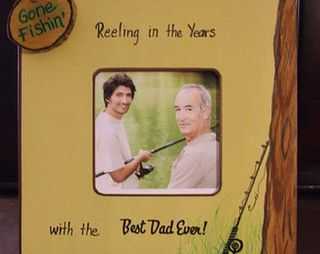

An article recently published in the Hays (Kansas) Daily News, titled “Discussion might ease transfer of family heirlooms,” explains that paring down and transferring personal property is inevitable when owners move or die. While an estate plan is critical in dealing with titled property, there are few individuals who take the time to plan ahead regarding the items in their household.
Personal belongings like holiday decorations, jewelry, stamp collections, furniture, photo albums, quilts or sports equipment are referred to as non-titled property—which means there's no legal document (such as a title) to indicate who owns the item.
As the original article states—and you can imagine that this is the case most of the time—the decisions about non-titled property are not often made during ideal circumstances. Many times these decisions are made in times of transition, like remarriage, the downsizing of the family home, or during a family crisis like a death or moving an elderly family member to a health care facility.
This whole decision-making process is more challenging and sensitive when family members are emotional and focusing on these other events. While not easy, the original article says decisions about the transfer of personal property have the potential to be a time to reminisce, share memories, or work together through the grieving process.
Unfortunately, there's no magic formula or solution available for transferring personal property, as every family and their possessions are different. However, you should bear in mind some critical factors, to include:
- Understanding the sensitivity of the issue for both owner and heirs.
- Determining what you want to accomplish in the transfer process.
- Deciding what's "fair" in your family.
- Recognizing that belongings have different meanings for different people.
- Exploring distribution options and consequences.
- Agreeing to manage conflicts if they arise.
Property owners have the legal right to decide when and how to transfer their non-titled property. When this is before death, it allows the owner to consider the wishes of recipients and enjoy the gifting process. If this is done after a death, there's a chance that the disbursal might not reflect the wishes of the owner. When you add to this emotions and an individual's sense of entitlement, then it's hard to know in these circumstances what's "fair." This can be the source of real conflict. Disputes about an inheritance might cause siblings to break off relationships with each other.
Transferring non-titled personal property takes time, as well as physical and emotional energy. This holiday season might be a good time to begin conversations about family belongings.
More open and honest communication among the people involved is always a good thing and can make these arrangements smoother with less conflict.
Reference: The Hays (Kansas) Daily News (November 27, 2014) “Discussion might ease transfer of family heirlooms”


